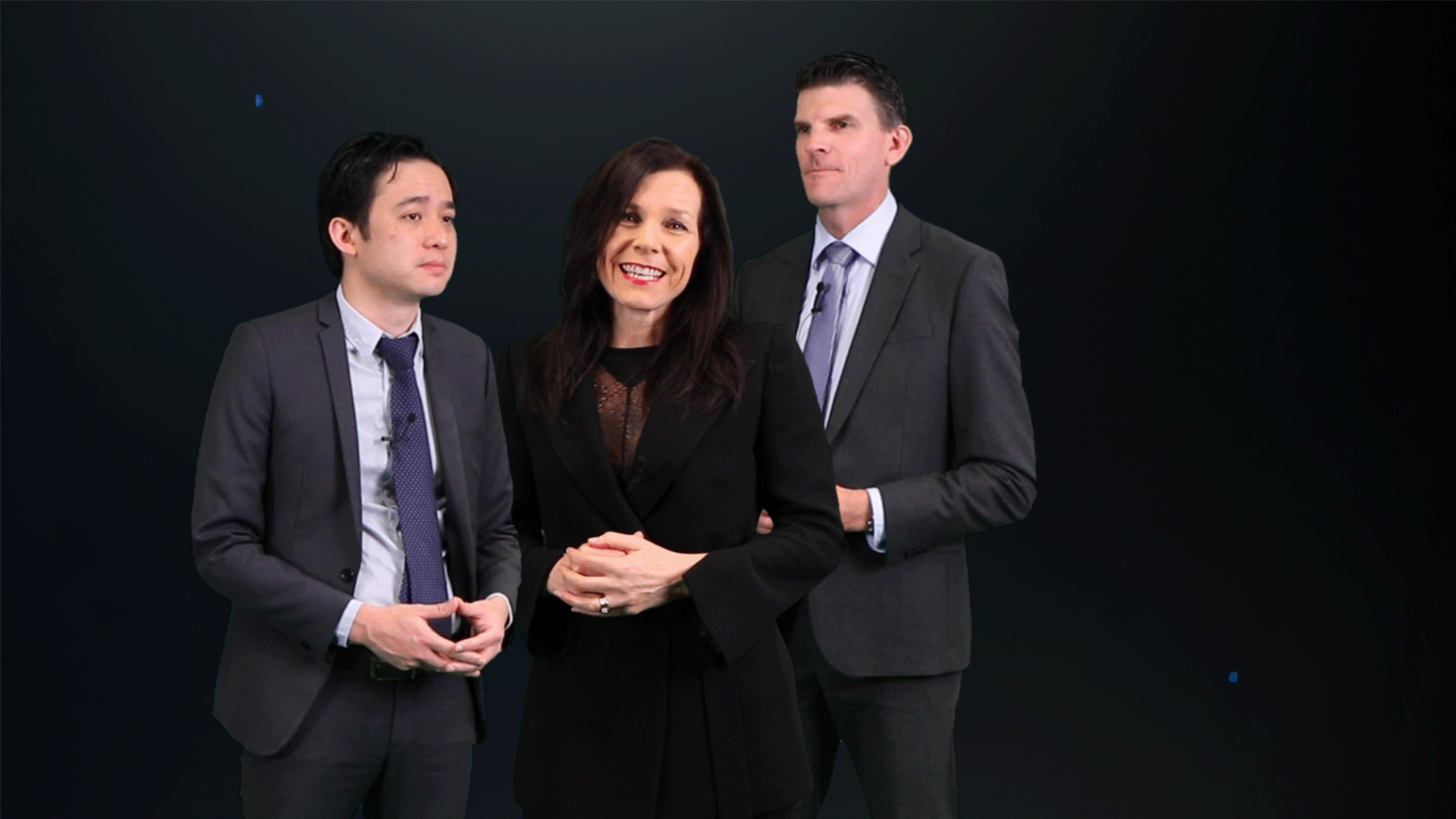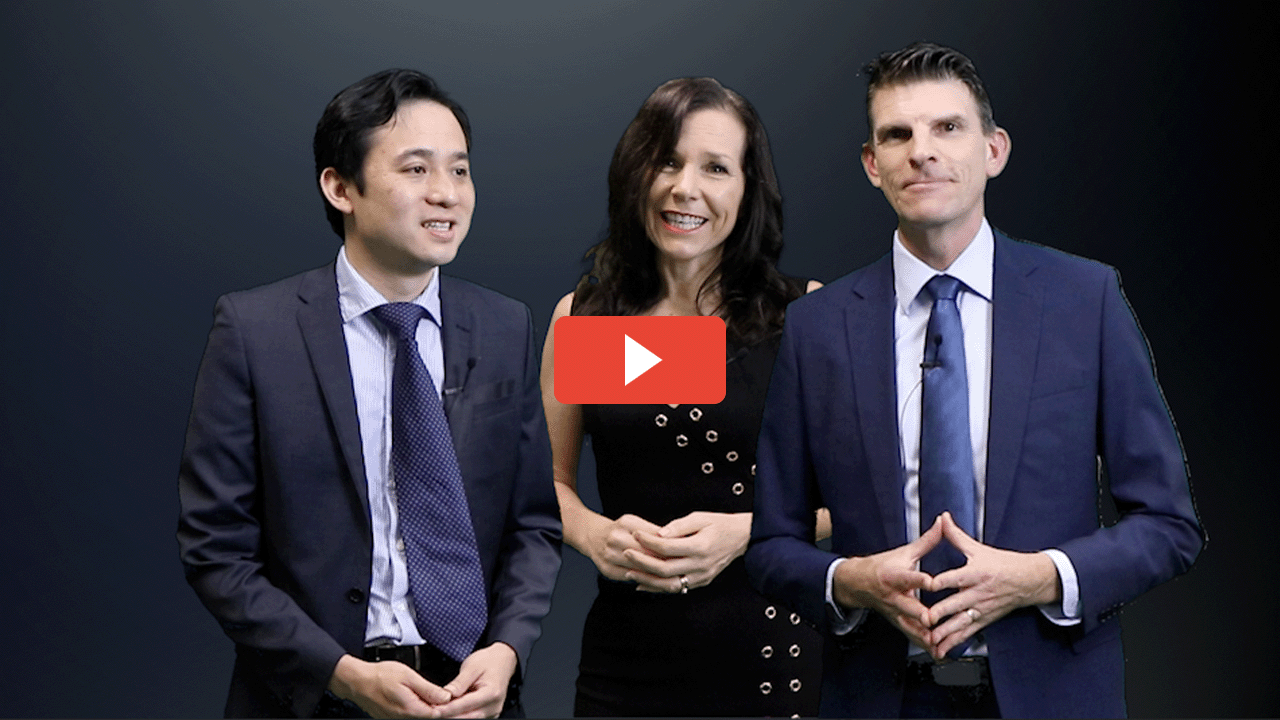May 2024 Round Up - Trust Distribution Warning
The ATO's warning on trust distributions and what to look out for.
Plus, the latest on the Federal Budget measures, and the 28k claim for meal expenses before the AAT.
Change is a constant for the profession. The Knowledge Shop membership can help you and your team keep ahead of change with an advisers' help desk, workpaper knowledge base, quarterly PD, and more - wherever you are and however you are working. Book in a time for a tour or call the Knowledge Shop team on 1300 378 950.
Inside this month Michael Carruthers (Tax Director), Matthew Tse (Tax Adviser) and Lisa Armstrong (MD) bring you:
Budget 2024-25
The Federal Budget was handed down on Tuesday, 14 May 2024. You can download Knowledge Shop's full Budget summary here, otherwise some of the key measures are discussed below briefly.
The Government has announced an extension of the $20,000 instant asset write-off for depreciating assets until 30 June 2025 for small businesses with an aggregated turnover of less than $10 million. The write-off applies per asset, so a small business can deduct the cost of multiple assets.
While there’s also an existing proposal from the last Budget to increase the instant asset write-off threshold to $20,000 for the current 2024 year, it is important to note that legislation dealing with this measure is currently stalled in Parliament.
The CGT regime will be amended from 1 July 2025 to broaden the type of assets subject to CGT for foreign residents and introduce a modified 365-day principal asset testing period. Also, foreign residents disposing of shares and other membership interests exceeding $20 million in value will be required notify the ATO prior to the transaction.
To help with cost of living, Australian households will receive a credit of $300 on their energy bills credited as automatic quarterly instalments across the 2024-25 year. Energy relief will also be provided to eligible small businesses in the form of a $325 rebate.
Treasury Laws Amendment (Support for Small Business and Charities and Other Measures) Bill 2023
Reference: Treasury Laws Amendment (Support for Small Business and Charities and Other Measures) Bill 2023
This Bill which includes amendments to increase the instant asset write off for small businesses from $1,000 to $20,000 for the 2023-24 income year has stalled in Parliament.
While the Senate has recommended further amendments to increase the write-off threshold to $30,000 and increase access to businesses with a group turnover of less than $50 million, the House of Representatives disagrees with the amendments.
With year-end fast closing in, this means small and medium businesses still don’t have certainty around the instant asset write off threshold for the current year.
The other issue is that the Bill also includes the other measures which are also stalled, including:
- Small business energy incentive - the 2023-24 bonus tax deduction for the cost of eligible depreciating assets and improvements that support electrification and more efficient energy use; and
- Non arm’s length expenses for SMSFs - the new rules for non-arm’s length expenses for SMSFs.
Warning on trust distributions
Knowledge Shop members - download the Trust Distributions Checklist accessible from the Knowledge Shop member portal (portal | retiring). |
Reference: Trust distributions done right Changes are coming for trust tax returns
Key things to consider when making trust distributions
Many trustees and practitioners at this time of the year would be turning their mind to resolutions in relation to trust distributions.
The ATO is warning that their compliance activities often identify mistakes in this area because trust deeds are not being appropriately considered. To that end, the ATO has released an article suggesting the following key things which should be considered when making trust distributions:
- Conduct a review of the trust deed and any amendments to ensure trustees are making decisions consistent with the terms of their deed;
- Check that the trust hasn’t vested as this may impact distribution decisions;
- Consider who the intended beneficiaries are, but also keep in mind that some beneficiaries might have different entitlements to income and capital under the trust deed;
- Check the deed for any conditions and requirements around the making of trustee resolutions, including the need to have the resolution in writing and the timing of when it’s required to be made;
- If the trustee is looking to stream capital gains or franked distributions to certain beneficiaries, check the trust deed doesn’t prevent this and the requirements around streaming have been met.
It is also important to check if the trust has made a family trust election or interposed entity election. This has implications around distribution decisions because distributions of trust income outside the specified individual’s family group will trigger family trust distribution tax at penalty rates.
For clients with trusts in their group structure, the key message is that it is important to review the trust deed to ensure any proposed distributions of trust income are valid. This is because if trust distributions are found be invalid, the ramifications from a tax perspective can be quite significant and it is clear that the ATO are finding fundamental errors being made in this area.
Changes to the tax returns for trusts and beneficiaries
The ATO is reminding trustees and beneficiaries of the following changes to the way their returns are prepared:
- For trustees, four CGT labels are being added in the statement of distribution section of the trust tax return; and
- For beneficiaries, the ATO is introducing a new trust income schedule that all beneficiaries receiving trust distributions will be required to lodge.
To assist with preparing their tax return and reduce the risk of errors, the ATO recommends that beneficiaries are provided with a copy of the trust’s statement of distribution as it relates to their own distributions. This is because the new trust income schedule for beneficiaries is designed to align with the statement of distribution in the trust’s tax return.
The $28k deductions denied for meal expenses below the ATO’s reasonable amount
The AAT in Duncan and Commissioner of Taxation (Taxation) [2024] AATA 974 considered a situation where a taxpayer attempted to claim significant deductions for meals consumed while on overnight work trips.
The case focuses on how the substantiation exceptions operate in cases where an employee receives a travel allowance while travelling overnight in the course of work and the claim for meal expenses is below the ATO’s reasonable amounts.
The taxpayer Mr Duncan was a long-haul truck driver and spent 282 days on the road in the relevant year. Mr Duncan sought to claim a deduction of $100 in food and drink expenses for each of these days, which is just below the ATO’s reasonable amounts, believing that he was subject to the substantiation exceptions.
This led to a significant deduction totalling $28,200 for meal expenses in the relevant year.
While the ATO ultimately accepted that $8,393 was spent by Mr Ducan on meals at cafes and restaurants because this could be corroborated by bank statements, the ATO maintained that Mr Duncan was not entitled to the remaining deduction of approximately $20,000. It was this remaining amount that was the subject of the dispute at the AAT.
Mr Duncan attempted several arguments but was ultimately unsuccessful.
First, the taxpayer argued that the substantiation exceptions operated in a way that he was entitled to automatic deductions up to the ATO’s reasonable amounts. In other words, there was no need to have spent the amount.
The AAT disagreed with this, referring to the provisions which make it clear that the meal expenses still need to be incurred.
Failing this, Mr Duncan provided some evidence of having spent amounts at supermarkets and other stores. This was done to demonstrate some of his likely expenditure on groceries that he took with him on these overnight road trips.
One of the key issues was that the purchases were made at stores and supermarkets near the taxpayer’s home. The AAT concluded that there was no reliable way of determining which meals were consumed on the taxpayer’s overnight road trips and which were not.
Although the principles aren’t new, this AAT decision highlights some common misconceptions that taxpayers might have around how the substantiation exceptions operate. While the rules can provide relief in terms of keeping invoices and receipts, it is important to remember that the client needs to still incur the expense even if the deduction is below the ATO’s reasonable amount.
For clients that are eligible to access these substantiation exceptions, the ATO makes it quite clear that they can still ask the taxpayer to show how they calculated the deduction and demonstrate that they incurred the expense. Keeping a diary or log (for example, of the trips taken and meals consumed) - as well as bank and credit statements of these expenses - will go a long way to reducing the risk of the ATO challenging these deductions in the event of a review.
Important: This information is general information only and not intended to be financial product advice, investment advice, tax advice or legal advice and should not be relied upon as such. As this information is general in nature it may omit detail that could be significant to your particular circumstances. Scenarios, examples, and comparisons are shown for illustrative purposes only. Certain industry data used may have been obtained from research, surveys or studies conducted by third parties, including industry or general publications. Knowledge Shop has not independently verified any such data provided by third parties or industry or general publications. No representation or warranty, express or implied, is made as to its fairness, accuracy, correctness, completeness or adequacy. We recommend that individuals seek professional advice before making any financial decisions. This information is intended to assist you as part of your own advice to your client. Use of this information is your responsibility. To the maximum extent permitted by law, Knowledge Shop expressly disclaims all liabilities and responsibility in respect of any expenses, losses, damages or costs incurred by any recipient as a result of the use or reliance on the information including, without limitation, any liability arising from fault or negligence or otherwise. While all care has been taken to ensure the information is correct at the time of publishing, superannuation and tax legislation can change from time to time and Knowledge Shop Pty Ltd is not liable for any loss arising from reliance on this information, including reliance on information that is no longer current. Tax is only one consideration when making a financial decision.
Share this
You May Also Like
These Related Stories

May 2022 Round Up - Tax Time 2022 priorities

March 2022 Round Up - The 2022-23 Budget & Beyond


No Comments Yet
Let us know what you think